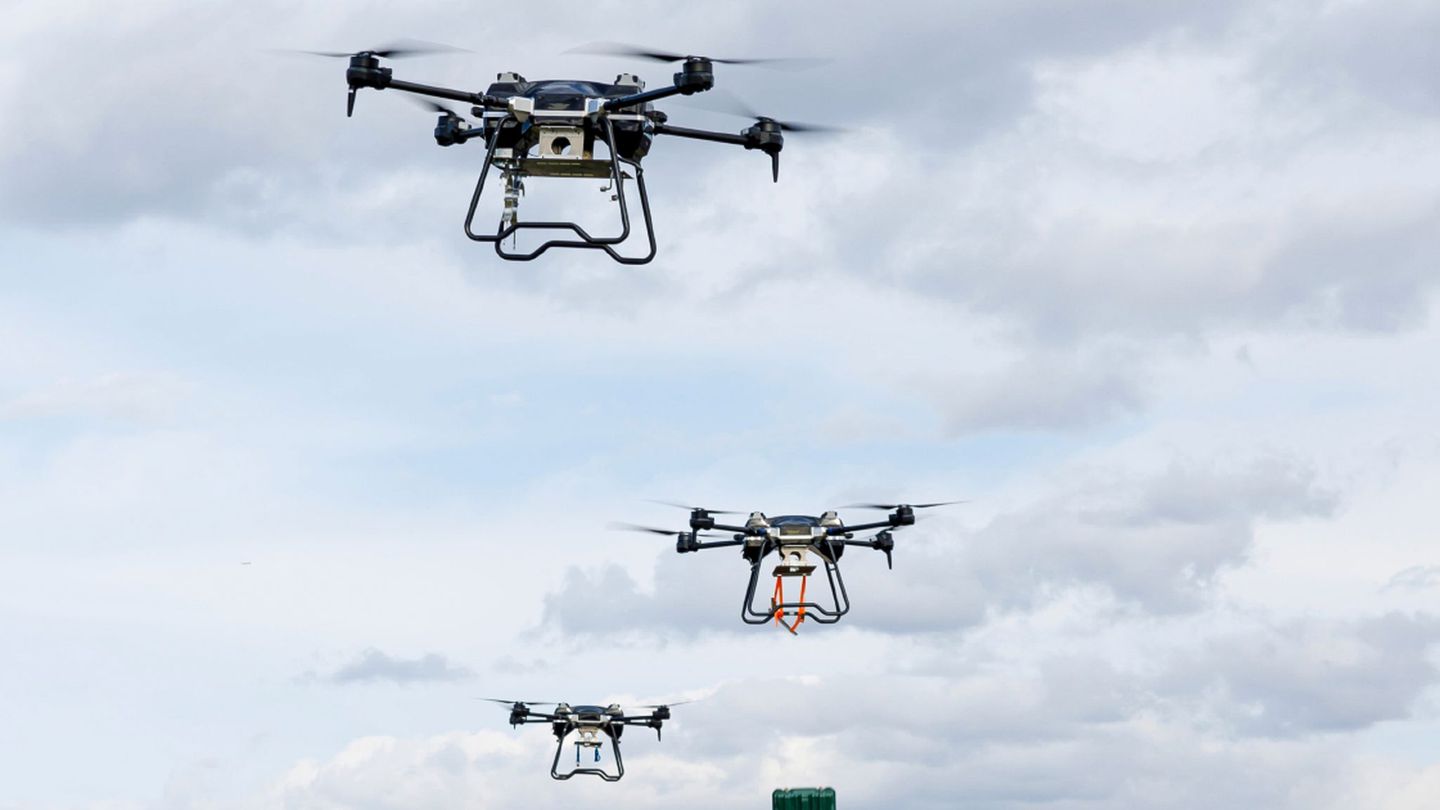The results of the state elections in Thuringia and Saxony are complicated for both states. But they could have even more far-reaching consequences, including at the federal level.
After the shock of the two state elections in Saxony and Thuringia, turbulent times are ahead for politics in both states and at the federal level. The traffic light coalition in Berlin is still in place, but it seems shaken to the core and quite helpless. The arduous search for majorities is beginning in Dresden and Erfurt. Five things that now need to be done:
1. The party landscape is being reorganised
The CDU does not want to govern with the Left Party or the AfD. And it actually does not want to govern with the Sahra Wagenknecht (BSW) alliance either – at least not under the conditions set out by the BSW. However, after the complicated election results in Thuringia and Saxony, new constellations are needed, otherwise there is a risk of stagnation and ungovernability. The CDU must ask itself whether it is opening up to the Left Party, said political scientist Oliver Lembcke to the German Press Agency in Erfurt. But then the debate about the firewall to the AfD will start again.
If two or more very different parties work together, it will be interesting to see whether this can be done more pragmatically than with the traffic light coalition in Berlin. On election night, the coalition was faced with the ruins of its own blockade: SPD in single figures, Greens at the five percent hurdle, FDP disappeared. The Left also experienced a crash, even if federal executive director Katina Schubert bravely claimed on Sunday evening that her party was “definitely not” dead.
For the expert Lembcke, the two state elections are a “turning point”: “This election was an angry vote against a West German-dominated party landscape and against the traffic light coalition.” Much seems to be in flux.
2. The AfD could block
The AfD is number one in Thuringia and wants to participate in government as the election winner. It also achieved a record result in Saxony with more than 30 percent. But nobody wants to form a coalition with the AfD, which is classified as definitely right-wing extremist by the constitutional protection agencies in both states. The party sees this as “ignoring the will of the voters,” as federal leader Alice Weidel said. Thuringia’s AfD state leader Björn Höcke said: “You won’t be able to get past us if you want stable conditions for Thuringia. Without involving the AfD, there will be no stability for Thuringia.”
The AfD is likely to have a so-called blocking minority as a lever for the first time, at least in Thuringia. Since it has more than a third of the seats in the state parliament, it can block decisions that would require a two-thirds majority, such as the election of constitutional judges or the heads of the state audit offices.
On Sunday evening, Höcke fended off the question of whether the AfD would block the move. He would rather speak of a “shaping minority” and said that they “under no circumstances want to abuse this,” said the AfD leader.
3. Does populism pay off – or is it close to the people?
In Thuringia and Saxony, the AfD and the BSW were helped by their sharp attacks on the established parties. They accused them of making policies against “the people” – and promised a new beginning. Saxony’s Prime Minister Michael Kretschmer also scored points by distancing himself from Berlin – in this case from the CDU headquarters – and managed to essentially maintain his share of the vote.
Kretschmer campaigned for a “freeze” of the war in Ukraine and for an upper limit for asylum seekers at a time when this did not go down well at party headquarters. BSW leader Sahra Wagenknecht also pushed for these issues, which are so important in the East. It was convenient for both of them that a state government is not responsible for this.
“Watching what the people say” has always been part of democracy, said Dresden political scientist Hans Vorländer recently in an ARD podcast. Populism becomes dangerous when democratic institutions are questioned. Other politicians will probably test this fine line as a recipe for success. At least: voter turnout in both countries was significantly higher than in 2019. Almost three out of four eligible voters voted.
4. Demonstrations did not stop the AfD
Shortly before the election, thousands of people took to the streets in Dresden and Erfurt to protest against right-wing extremism. On Sunday evening, around 400 people marched in front of the Erfurt state parliament to protest against the growing strength of the AfD. Such demonstrations have been taking place since January, since the revelations by the media company “Correctiv” about a meeting between right-wing forces and AfD politicians in Potsdam.
These protests did not stop the AfD, nor did the warnings from churches or business associations. The party achieved record numbers in Thuringia and Saxony, even if these were perhaps slightly lower than without the counter-demonstrators.
The polarization between AfD supporters and their opponents seems to have been cemented. AfD top candidate Höcke only had to throw a few key words at his supporters at the end of the election campaign in Erfurt, including “gender gag” and “cargo bikes”, and emotions ran high. How will the two sides get back into conversation? It is unclear.
5. The real test for the SPD is Brandenburg
In just under three weeks, on September 22, there will be elections in Brandenburg. The political uncertainty in Thuringia and Saxony could have an impact – voters may come to the conclusion that a little more stability would be desirable. However, this third East German state election is of central importance for the chancellor’s party, the SPD, because unlike in Thuringia and Saxony, in Brandenburg it is defending the office of Prime Minister Dietmar Woidke.
If that goes wrong, there will probably be another fundamental debate in the SPD, possibly about Chancellor Olaf Scholz. SPD General Secretary Kevin Kühnert hinted at this on election night. The Chancellor is the head of the government, and he is most identified with how people feel they are governed from Berlin, Kühnert said on ZDF. “I met a lot of people in both countries who are rather dissatisfied with that.”
Source: Stern
I have been working in the news industry for over 6 years, first as a reporter and now as an editor. I have covered politics extensively, and my work has appeared in major newspapers and online news outlets around the world. In addition to my writing, I also contribute regularly to 24 Hours World.




